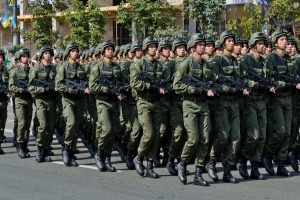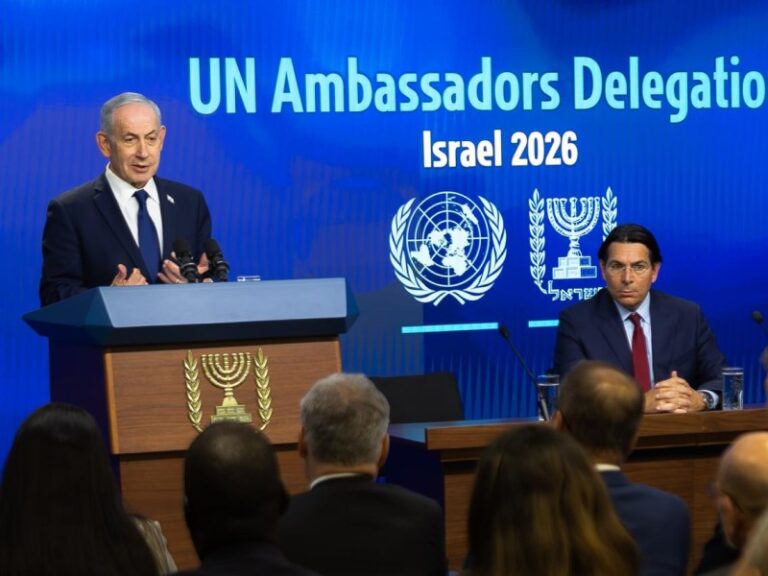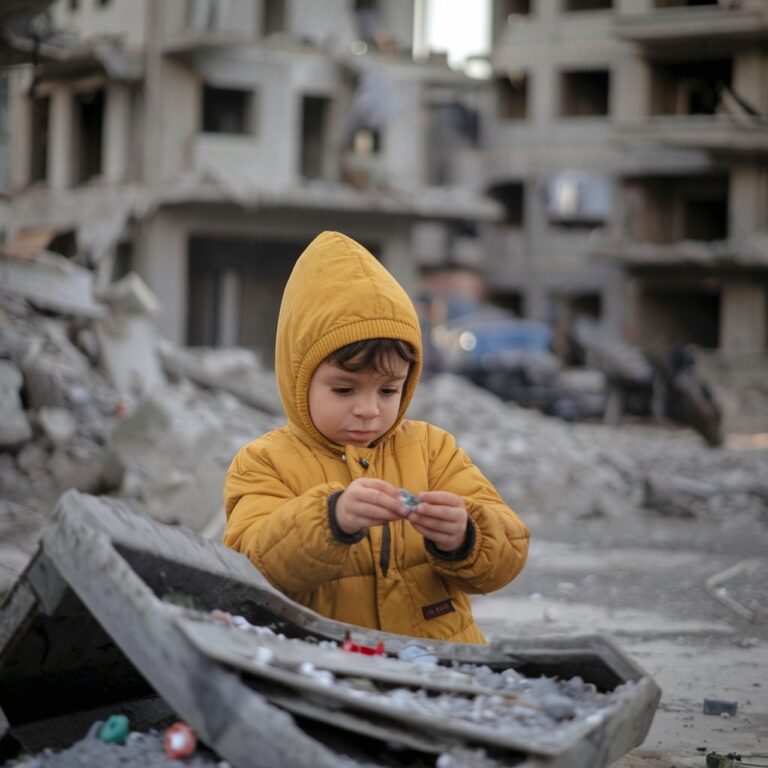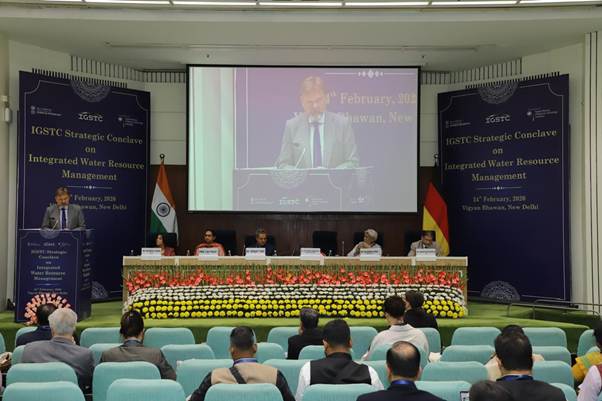
Geneva/Moscow: With Ukraine high on their table, the United States of America today told point blank Russia either to choose the path of diplomacy that can lead to peace and security or the path that will lead only to conflict, severe consequences, and international condemnation.
“The United States and our allies and partners in Europe stand ready to meet Russia on either path, and we will continue to stand with Ukraine,” US Secretary of State Antony J. Blinken told journalists after his Russian counterpart Sergey Lavrov here today.
Earlier, before the meeting, while Lavrov told Blinken that Russia did not expect a breakthrough at these negotiations, Blinken agreed but expressed his expectation “that we can test whether the path of diplomacy, of dialogue, remains open”.
Blinken said he conveyed the position of the United States and its European allies and partners that they stood firmly with Ukraine in support of its sovereignty and territorial integrity. “We’ve been clear: If any Russian military forces move across Ukraine’s border, that’s a renewed invasion. It will be met with swift, severe, and a united response from the United States and our partners and allies,” he said. He also added: “We also know from experience that Russia has an extensive playbook of aggression short of military action, including cyber attacks, paramilitary tactics, and other means of advancing their interests aggressively without overtly using military action. Those types of Russian aggression will also be met with a decisive, calibrated, and again, united response.”
According to Blinken, that was the clear message coming out of his meetings on Wednesday in Ukraine with President Volodymyr Oleksandrovych Zelenskyy, Foreign Minister Dmytro Ivanovich Kuleba. He said; yesterday in Germany with his counterparts from Germany, the UK, France, and the European Union; and with German Chancellor Scholz. “We’re united in our commitment to finding a way forward through diplomacy and dialogue, but equally in our resolve to impose massive consequences should Russia choose the path of confrontation and conflict,” he said.
Blinken claimed he also laid out several ideas to reduce tensions and increase security “which we’ve developed in consultation with our partners and allies and where we believe we can find common ground, again, based on the principle of reciprocity”. He though made it clear to the Russian side that this was not a negotiation but a candid exchange of concerns and ideas. “I made clear to Minister Lavrov that there are certain issues and fundamental principles that the United States and our partners and allies are committed to defend. That includes those that would impede the sovereign right of the Ukrainian people to write their own future. There is no trade space there – none.”
Blinken said he came to Geneva following up on last week’s discussions at the U.S.-Russia Strategic Stability Dialogue, the NATO-Russia Council, and the The Organization for Security and Co-operation in Europe (OSCE) on the crisis in Ukraine and broader European security issues.
“Our objective was to determine whether Russia is prepared to take the diplomatic path and other necessary steps to de-escalate the situation in Ukraine and, ultimately, to resolve our differences through diplomacy and through dialogue…I believe that Foreign Minister Lavrov now has a better understanding of our position and vice versa. Today’s discussion was useful in that sense, and that’s precisely why we met,” Blinken said.
When asked that after four fairly inconclusive meetings between U.S. diplomats and Russian ones, does this process need to move to the presidential level for a breakthrough, Blinken said the US was prepared to do that “if we conclude and the Russians conclude that the best way to resolve things is through a further conversation between them”.
Blinken said the US has been doing a number of things in support and defense of Ukraine that will continue. “First and foremost, we have worked in very close coordination with allies and partners to develop and make clear to Russia the consequences from renewed aggression against Ukraine. And that is an important component of deterring and dissuading Russia from engaging in that course. At the same time, we have proceeded with providing Ukraine with significant defensive military assistance – in fact, in this year alone, more than at any time since 2014. That continues… And finally, we’ve worked very closely with allies and partners to begin to plan for the reinforcement of NATO itself on its eastern flank in the event of further Russian aggression against Ukraine. All of these things to make clear to Russia the costs and consequences of its potential actions,” he said.
“We think that’s the best and most effective way to convince Russia not to engage in further aggression against Ukraine,” he added. In the same breathe, he also claimed that before Russia invaded Ukraine in 2014, seizing Crimea, going into the Donbas, Russia’s favorability ratings in Ukraine were 70 percent. Now they’re 25 or 30 percent. Before 2014, before they went and seized Crimea and went into the Donbas, support in Ukraine for joining NATO was 25 or 30 percent. Now it’s 60 percent.
“Before 2014, we had been continuing on the path of continuing to reduce while at the same time strengthening our forces in Europe since the end of the Cold War. Well, what happened after 2014 is NATO felt the obligation, because of Russian aggression, to reinforce its eastern flank. And since 2014, our efforts over many years to convince allies and partners to increase defense spending, well, that succeeded, but I have to say, as much because of Russia and the actions it’s taken as because of anything we’ve done.
“So based on Russia’s stated strategic interests and concerns, how has that – how have their actions advanced those concerns? On the contrary, it’s gone in the opposite direction from what Russia purports to want. And now, if Russia renews its aggression against Ukraine, the outcome will be to simply reinforce the very things, the very trends that Russia expresses concern about,” Blinken elaborated.
However, the Russian foreign ministry in Moscow today came out with a statement claiming that the coup in Kiev in February 2014 took place with the direct support of Washington. “This coup led to the bloodshed in Donbass, which continues to this day,” it stated.
Russia claimed that until 2018, it maintained “quite constructive” contacts with the United States, realising that it has significant influence on Kiev and can lead it to implementing the Minsk agreements. “We do not object to Washington getting involved in the peace process now, either. Of course, with the understanding that its participation will create a positive “added value” primarily in terms of encouraging Kiev to fulfil its obligations under the Minsk agreements in full, including granting a special status to Donbass,” the Russian foreign ministry said.
– global bihari bureau





